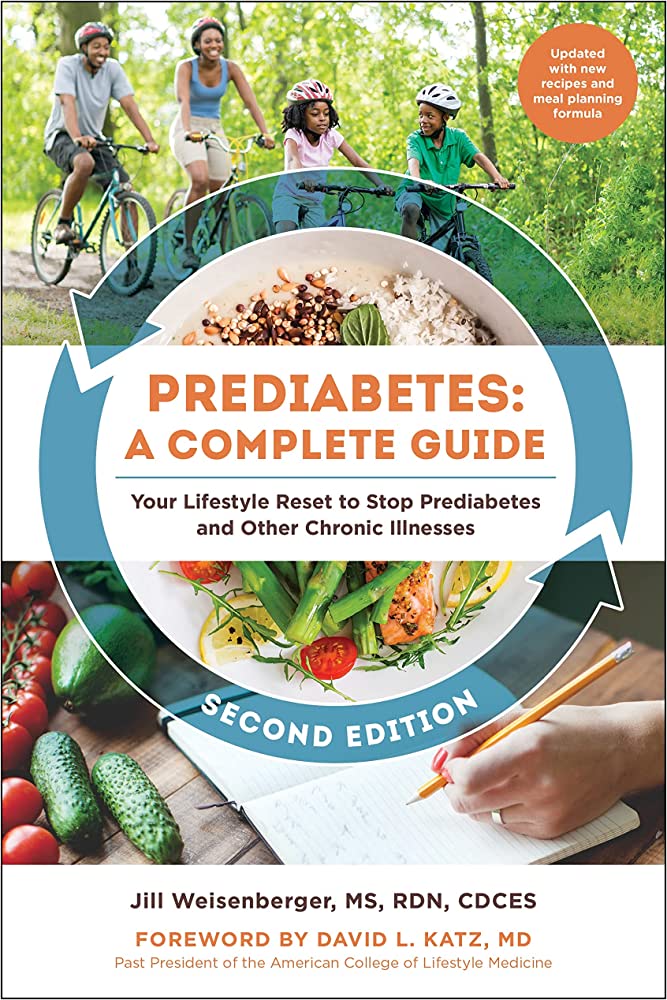“This subsidization of junk food is fueling American health crises,” Florida Senator Mark Rubio wrote, who plans to introduce legislation that would “explicitly exclude” sugar-sweetened sodas and prepared desserts from Supplemental Nutrition Assistance Program (SNAP) Food and Nutrition Service. He aims to rework the program to push for healthier food options such as milk and pure fruit juice. However, his adversaries argue his intention is strictly to lower government funding.
The Supplemental Nutrition Assistance Program (SNAP, formerly known as food stamps) is the nation’s most important anti-hunger program, reaching 38 million people nationwide in 2019 alone. More than 65% of SNAP participants are in families with children.
“More than 40 percent of U.S. adults are obese, and roughly half have diabetes or prediabetes. These diseases can be debilitating. They are also extremely expensive, costing hundreds of billions of dollars in medical costs each year,” Rubio wrote. “That SNAP plays a role in their spread is immoral, irresponsible, and reprehensible.”
Approximately 96 million American adults—more than 1 in 3—have prediabetes. Of those with prediabetes, more than 80% don’t know they have it.
How do you feel about your overall health? Are you aware of your risk of prediabetes?
Could You Have Prediabetes?
Take The Prediabetes Rick Test NOW
Prediabetes means you have a higher-than-normal blood sugar level. It’s not high enough to be considered type 2 diabetes yet sufficient to be considered type 2 diabetes yet. But without lifestyle changes, adults and children with prediabetes are at high risk of developing type 2 diabetes. There’s good news, however. Progression from prediabetes to type 2 diabetes isn’t inevitable.
Eating healthy foods, making physical activity part of your daily routine, and staying at a healthy weight can help bring your blood sugar level back to normal.
“If soft drinks and sweets are no longer SNAP-eligible, corner stores and supermarkets will have more incentive to stock healthier foods.”
The US Department of Health reports calories in sugar-sweetened beverages such as soda can contribute to weight gain and lead to other health risks, including obesity, tooth decay, heart disease, and type 2 diabetes.
According to a Harvard Medical study, replacing one daily serving of a sugary drink with a healthier beverage was associated with almost a 20% lower risk of death.
Facing your health risks and issues can be scary and overwhelming but there are
Our friend and colleague, Jill Weisenberger, MS, RDN, CDCES, CHWC, FAND, is an internationally recognized nutrition, diabetes, and prediabetes expert. Let her Prediabetes: A Complete Guide help you “reset,” improve your overall health, and get yourself in better shape.
The USDA report Mark Rubio cites that 20 cents of every dollar spent under the benefits program go toward “sugar-sweetened beverages, desserts, salty snacks, candy, and sugar.”
“There is nothing compassionate or responsible about spending taxpayer dollars on empty calories that contribute to health crises,” Rubio stated.
We’re talking about ‘THE SWEETEST TABOO’ aka ‘SUGAR’ with musical inspiration from Sade.
Sugar is everywhere. But do we understand the impact it has on our diabetes health?
You may think of sweets, chocolate, sodas, table sugar, and perhaps fruit if asked to name sugary foods. But sugar also appears in savory foods such as ready meals, soups, salads, sauces, and ‘healthy’ foods such as breakfast cereals and yogurt. Furthermore, starches such as bread, pasta, rice, and potatoes also convert to sugar in our bloodstream, having the same impact on our bodies. These ‘hidden sugars’ can add a surprising amount to our daily intake.
Guests include Patricia Addie-Gentle RN, CDCES, Tameka Milline, Catherine Schuller, Kathy Dolgin aka ‘High Voltage’, and Stephanie MacKendree. Throughout the podcast, we will feature music from ‘The Essential Sade’ album courtesy of SONY Music.



